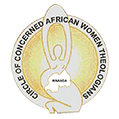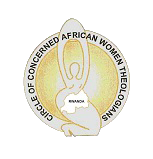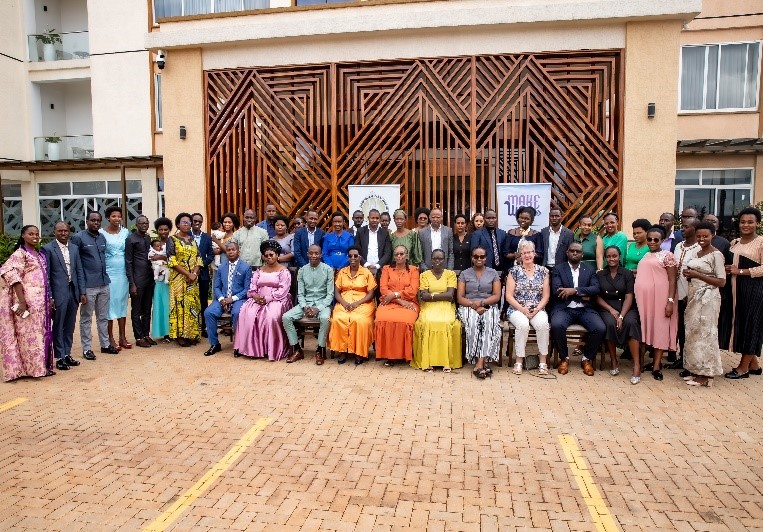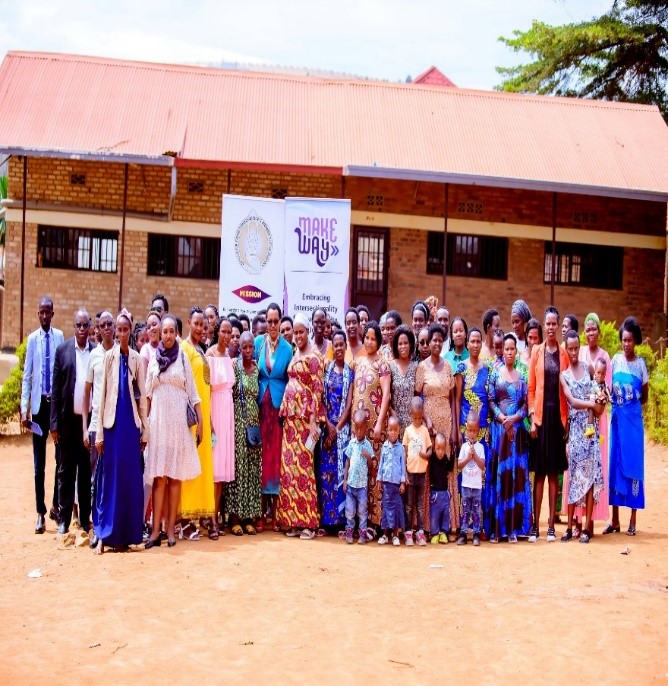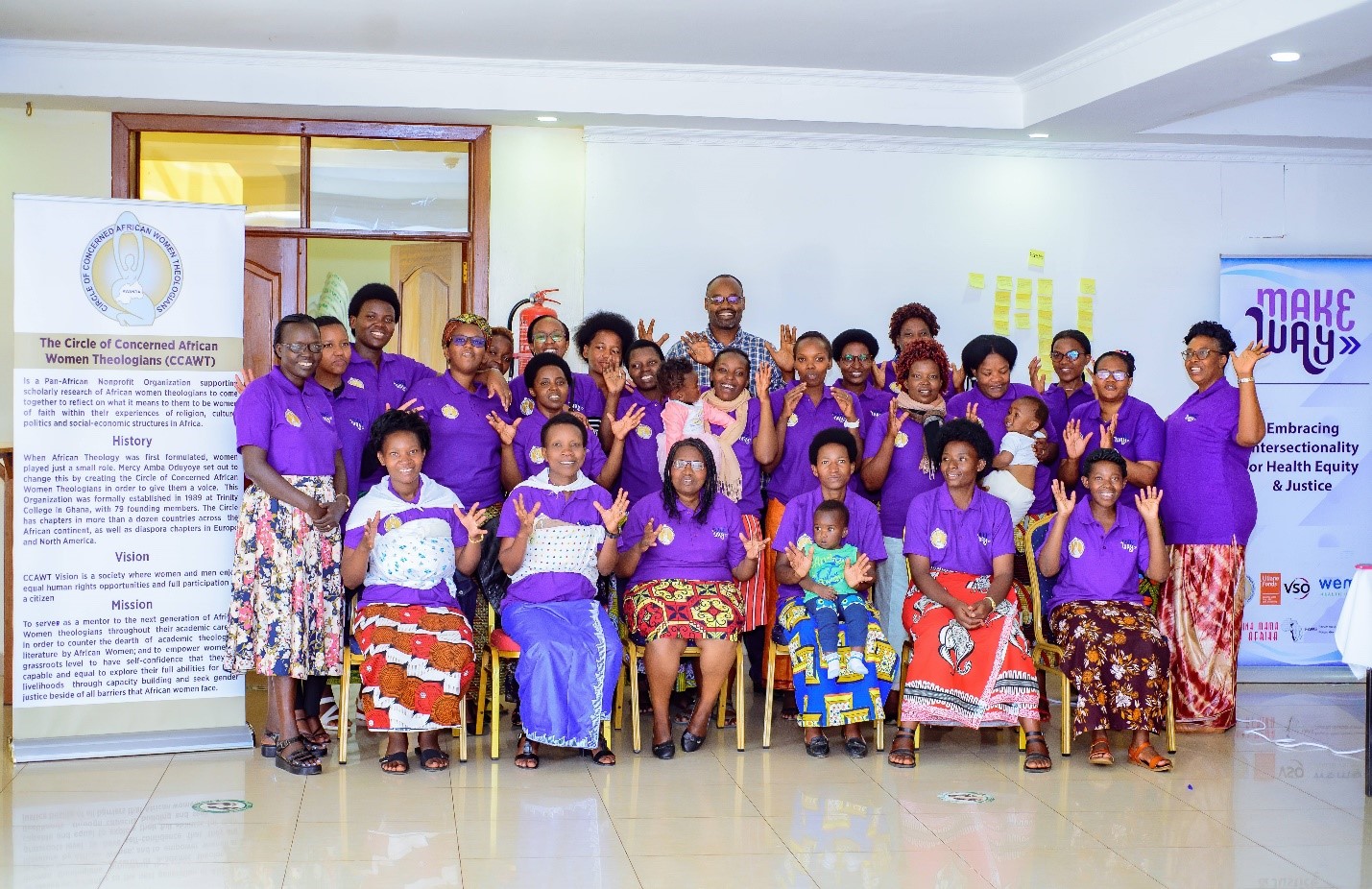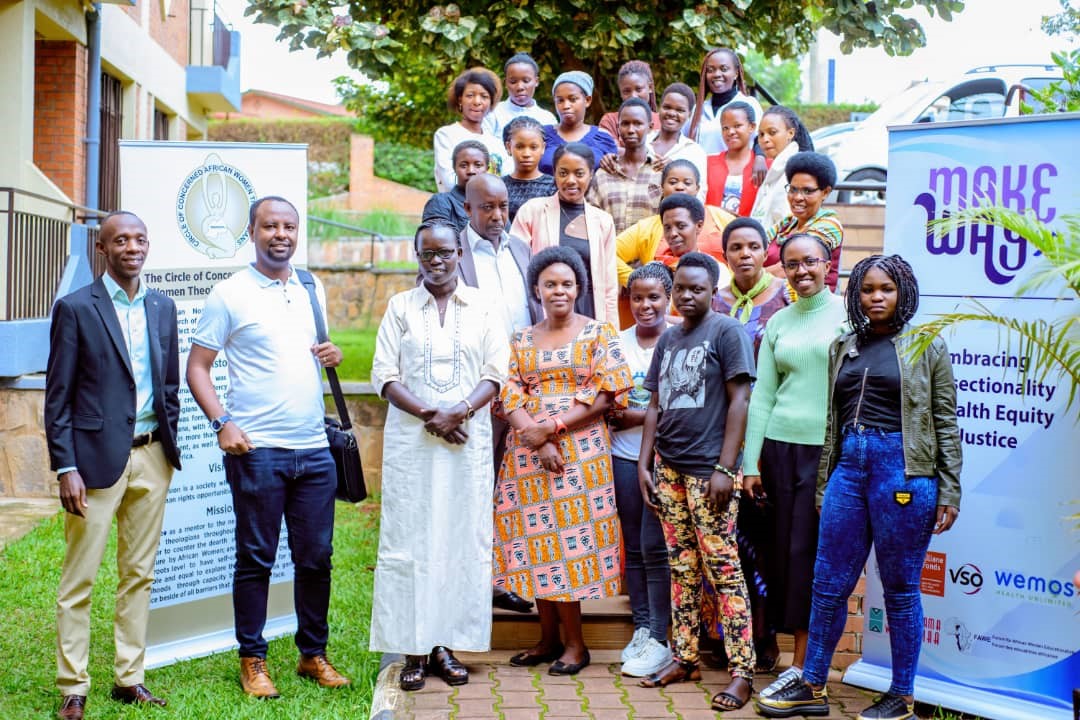- circlerwanda@gmail.com
- KK 698 St, Kigali
Follow up Meeting with Religious leaders and Kirehe District leaders
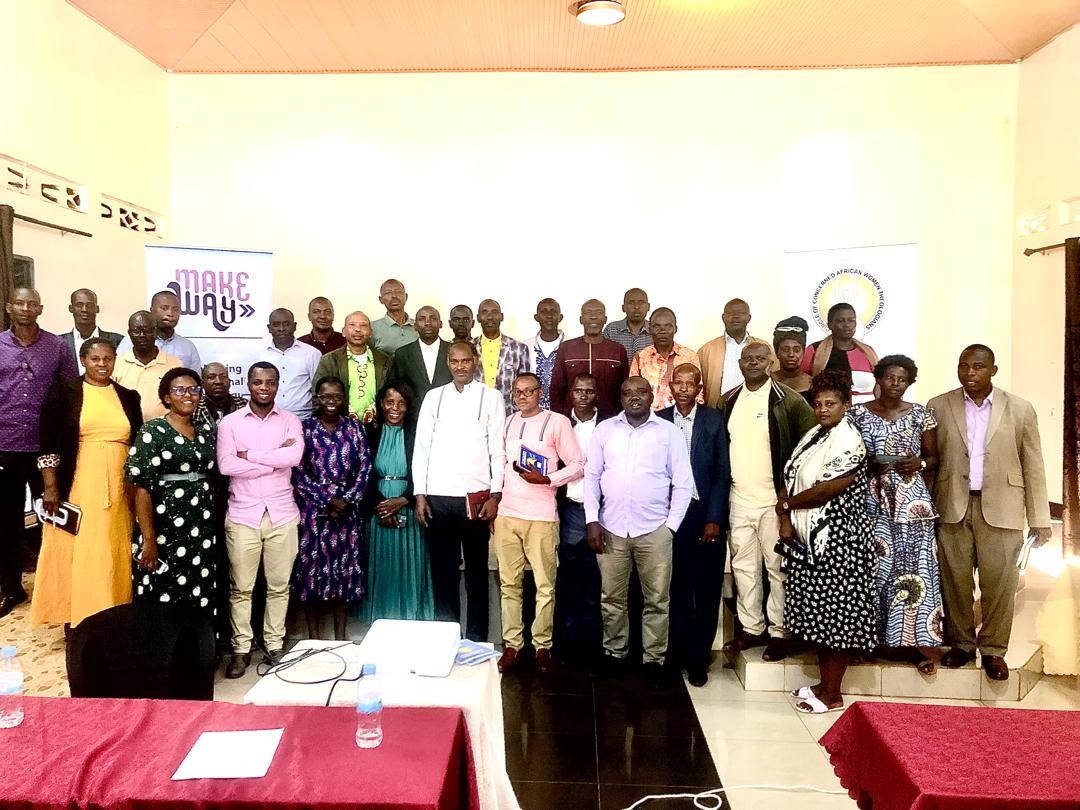
Follow up Meeting with Religious leaders and Kirehe District leaders
Over the past four years, the Circle of Concerned African Women Theologians, in collaboration with AESD, has implemented activities in Kirehe District related to advocacy for Sexual and Reproductive Health and Rights (SRHR) service access and intersectionality, particularly for youth with compounded vulnerabilities.
On March 19-20, Circle returned to Kirehe District for a follow-up and evaluation of the activities undertaken in this district with religious and local leaders. The meeting gathered 50 Participants include:
Impact and Participant Feedback:
The following are points highlighting the impact of the program and the outcomes of the Make Way Program in Kirehe District:
ü Training Religious and District Leaders on SRHR and Intersectionality using ISJA tool
"Intersectionality, See, Judge, and Act has been a great tool in training religious leaders, who were pleased to learn how to use scripture to address SRHR issues in religious settings. One Pastor stated “We now know how to analyze Bible texts critically and in a liberating way, instead of using them to oppress vulnerable people”. One Pastor said.
Training sessions with religious leaders and Kirehe District authorities have significantly improved their understanding and ability to teach SRHR and intersectionality to vulnerable youth. A survey conducted before the training showed that religious leaders' knowledge of SRHR was at an average of 36%. However, after the training, their understanding increased to 83%, reflecting a 60% improvement in attitudes towards SRHR a remarkable impact worth celebrating.
As a practical outcome, religious leaders came to understand that providing youth with inclusive SRHR information is part of their responsibility. This realization also served as an eye-opener, prompting them to recognize the prevalence of teenage pregnancies within their religious institutions. As a result, they began supporting teen mothers, standing with them, and creating safe spaces where they could express themselves and receive adequate SRHR information. Currently, Kirehe District has established nine safe spaces within religious settings.
ü Collaboration with District Authorities: Religious leaders now work closely with district leaders to report cases of gender-based violence (GBV) within their communities.
ü Conflict Resolution Initiatives: Recognizing that family conflicts are a major cause of youth vulnerabilities, religious leaders introduced a conflict resolution model called Ishuli ry’Umuryango Mwiza (translated as "Good Family Class"), a program that identifies families experiencing conflict and provides them with training on harmonious living. Families that successfully complete the program graduate after six months.
ü Community Awareness on SRHR: Religious leaders have committed to regularly raising awareness about SRHR within the community. One effective approach they use is requesting time during village meetings to explain the conflict resolution model, helping community members understand the importance of family stability. This initiative has been implemented in all sectors of Kirehe District.
These efforts have contributed to a significant transformation in attitudes, policies, and community actions regarding SRHR and the well-being of vulnerable youth.
ü Supporting GBV Victims: They have taken responsibility for providing care and support to victims of GBV in their areas.
Nine safe spaces were created where GBV victims were gathered in safe spaces and met regularly to share their stories. Additional youth in safe spaces contribute some money to support each other during financial crises and visit those in need when they meet (Impact story in annex)
Challenges and Lessons Learnt: At this level the challenges includes difficulty to get enough public space to address issues related to SRHR.
Recommendations:
Continue to work together with District leaders in order to break silent culture and some social norms and then victims became vulnerable for several times and create more safe space at least one in each sector of Kirehe District until the society will be transformed and be the creating a non-judgmental environment for learning.
IMPACT STORIES
1.Safe space leaders
Nine safe spaces where GBV victims were gathered in safe spaces and met regularly to share their stories One of them narrated: “before I went to the safe space, I was lonely and couldn’t share my feelings or pain with anyone. I was desperate, thinking that my life was over the day I gave birth. I even had suicidal thoughts. My family rejected me, my father beat me and my mother was feeling ashamed to have me as teen mother. I was hiding, afraid to leave the house, and I felt frustrated. I thank my pastor for creating a safe space for teen mothers, where we can share our pain and encourage each other to move forward despite the challenges of giving birth at an early age.'"
Additional youth in safe spaces contribute some money to support each other during financial crises and visit those in need when they meet.
2. Yvette’s story and advocacy done by Religious Leaders for her and her family
Yvette (given name) is a girl of 11 years old, she was raped by a married man and she did not talk about the rape because the perpetrator told her that if she spoke about what happened, he would kill her. After some time, the girl became sick and was suffering from pain in her sexual organs to the point where she was unable to sit or walk. Because of this, she stopped going to school and only cried. Later, her mother found out that she had been raped and that her sexual organs were destroyed. A pastor from her area learned of the news after she was counseled by us. She gave us information about this girl, and we connected with Kirehe health district coordinator, who followed up on her situation and took her to Kigali for treatment. She received advanced care at King Faisal Hospital. Now, the girl is much better and has returned to school (a Pastor reported).
Moreover, the advocacy extended to her family, resulting in her siblings being enrolled in school with their fees covered by Kirehe District (Heath District officer reported).
Q1 ACTIVITY PHOTOS
Activity 1:
Safe spaces representatives
Read more for the following attached file
Open PDF
